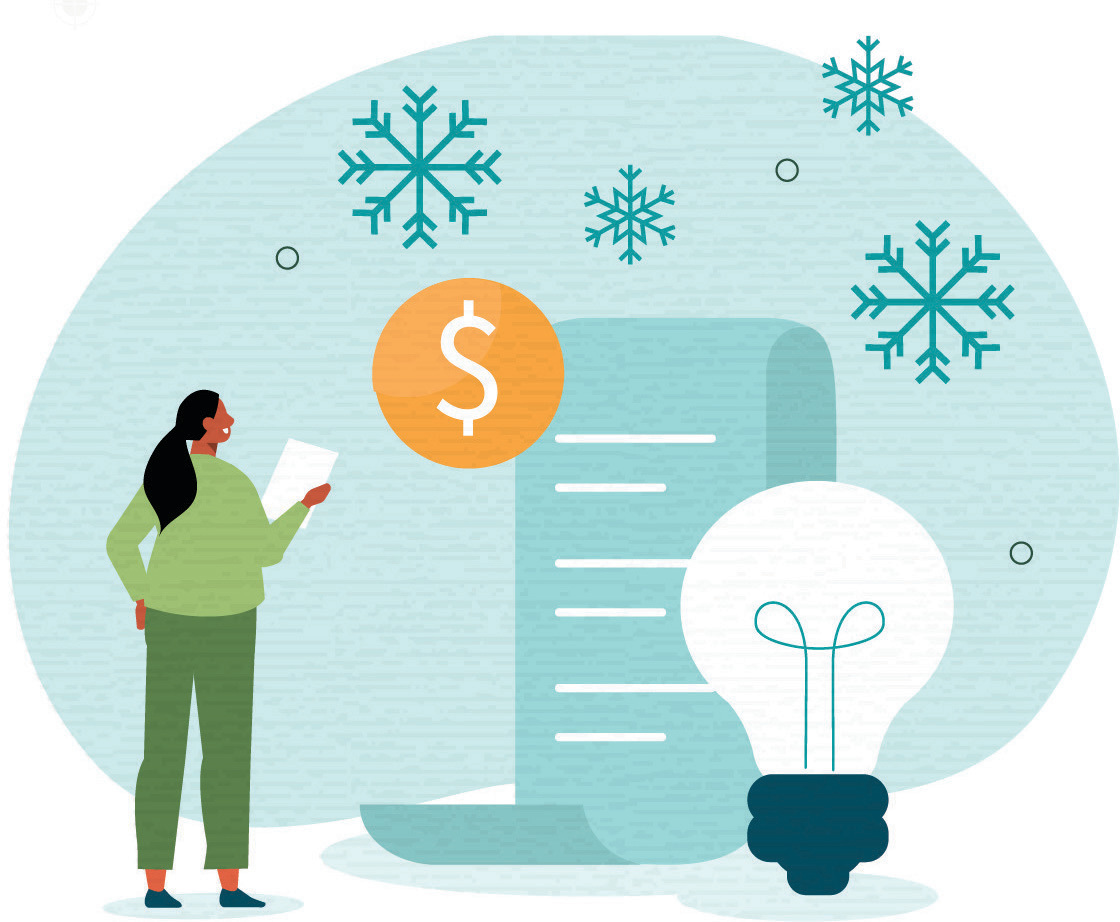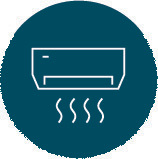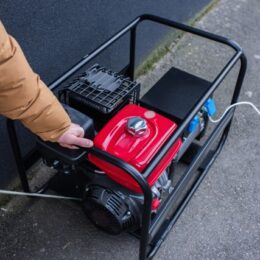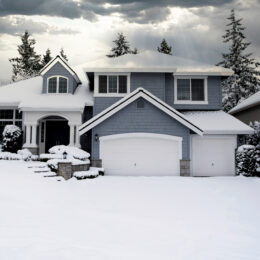
Frigid temperatures can cause heating systems to work overtime, and since heating and cooling can make up nearly half of your electric bill, your bill may be higher than normal in the winter.
HERE’S WHY
- Even those with the most efficient HVAC systems will see more use in extreme weather.
- When extreme cold temperatures hit, our heaters work overtime. For example, even if you set your thermostat to the recommended 68 degrees Fahrenheit in the winter, when it is 19 degrees Fahrenheit outside, your system has to work hard to make up that 49-degree difference.
- Because your heater works harder and cycles on and off more often, your use will be much higher. That means your bill will be higher.
- Space heaters can also raise electric bills. Use them strategically to keep the room you’re in warm and turn down your furnace thermostat to accommodate the additional electric use.
- Outdoor hot tubs, for example, are out in the cold and are set to maintain a certain temperature. The hot tub will use more energy and run more frequently as the temperature drops to keep the water from freezing.
- Remember, there is value in comfort. For us to be comfortable in our homes, our heaters are going to work harder, but it may be worth the additional cost to you.
ADDRESSING SOME HIGH BILL CULPRITS
- Drafty doors and windows: An easy fix with a big payback is weatherstripping. Caulk or apply weatherstripping around all window and door seams, especially those leading to the basement or the attic. Weatherstrip your attic access door.
- Dirty filters: Dirty filters make your HVAC system work harder to heat the air. Aim to change the filter every three to six months.
- Leaky ducts: A contractor can test your ducts for leakage and repair any problems. Repair visible or accessible leaks with aluminum foil tape — not duct tape.
- Chilly water heater: If your water heater is older or not well insulated, wrap it in an insulating jacket.
HOW YOUR ELECTRIC CO-OP CAN HELP YOU
Your electric cooperative has programs to save you money. A few that could help you this winter include:

Rebates on a new, energy-efficient heating and cooling system.

Replacing your water heater with a more energy-efficient model.

Discounts on lighting. Replace those older bulbs with energy-efficient LEDs.



